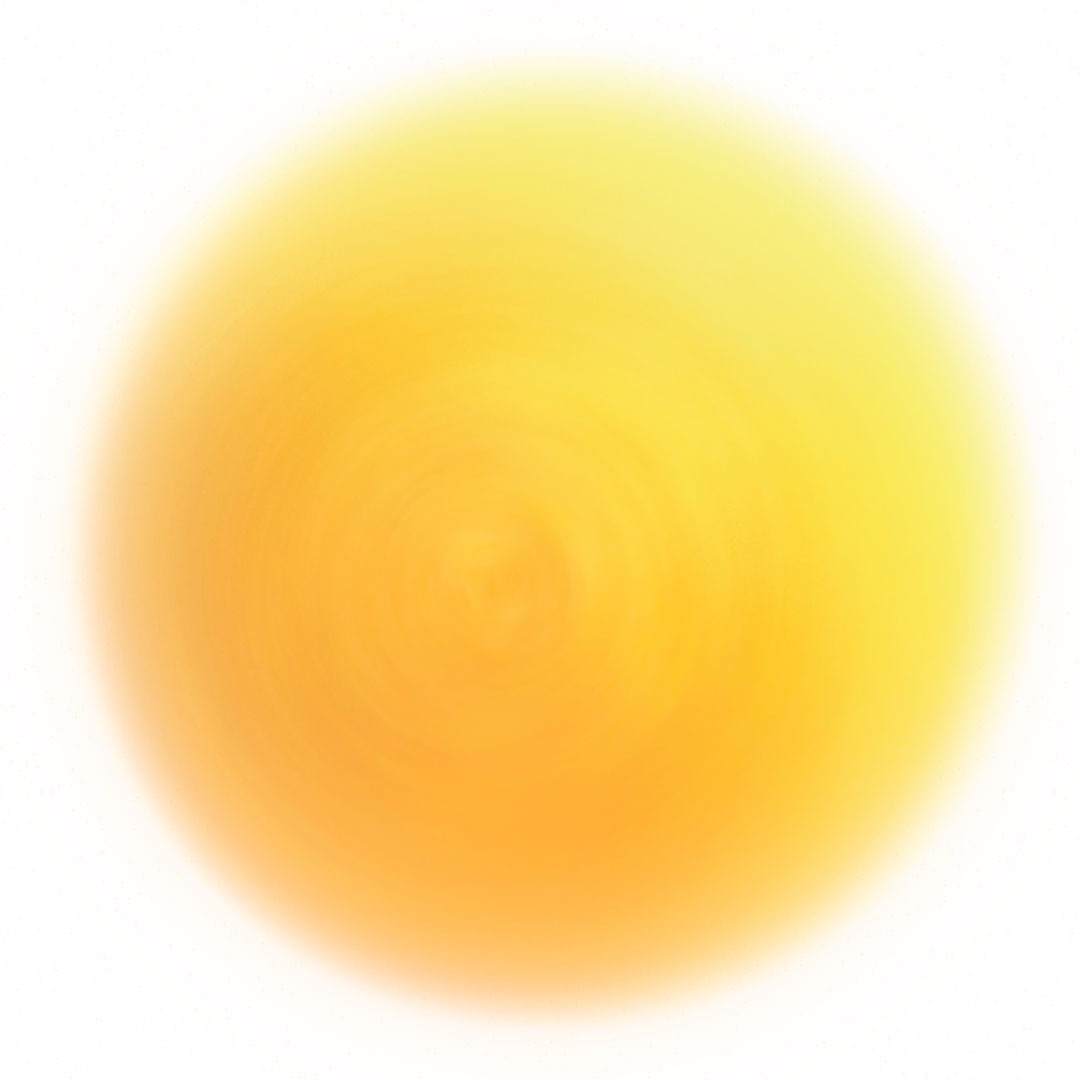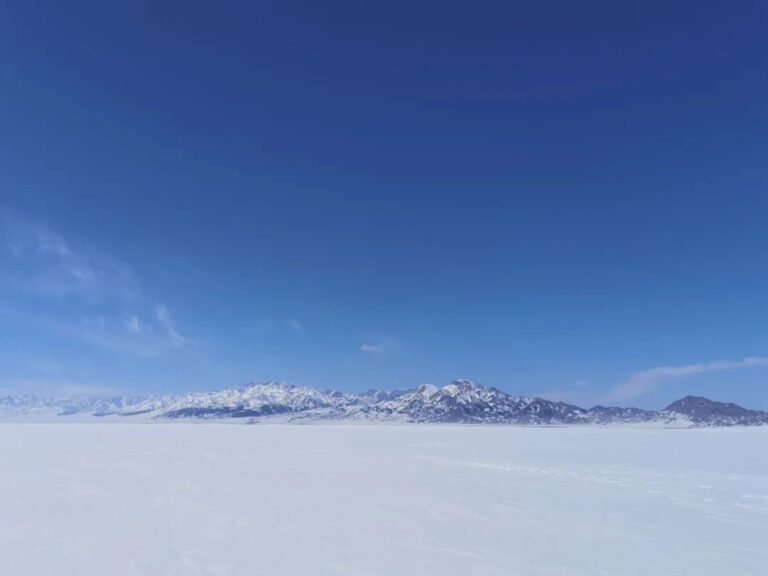
…自我
你有沒有對過去所做的事 – 或者未做的事 – 抱有罪惡感?有一點是肯定的:你是根據你當時的意識水平,或者更確切地說,你的無意識水平,來行動的。如果你更加覺知,更有意識,那麼你本可以採取不同的行動。
罪惡感是自我試圖創造一種身份、一種我的感覺的另一個方式。對自我來說,它並不在意這個我是正面的或是負面的。你所做的或未做的是無意識的表現 – 人類集體的無意識。然而自我卻貼上個人的標籤,說:“我做了這個”,然後你就在腦海中攜帶了一個你自己的“壞”的形象。
縱觀整個歷史,人類互相施以無數的暴力、殘忍和傷害的行為,而且還在繼續這樣做。他們是否都該被譴責?他們是否都有罪?還是這些行為不過是無意識的表達,是一個人類進化的階段,我們大家都正在這階段中不斷成長?
耶穌說過:“原諒他們吧,他們不知道自己在做什麼。”這也適用於你自己。
∞
如果你設定了自我的目標,比如解放自己、加強自己,使自己感到重要,即使你達成了這些目標,你也不會感到滿足。要設定目標,但是要瞭解重要的並不僅僅是達成目標。無論臨在之中升起什麼,它代表這一刻不是達到目的的手段:那個行動本身已經在每一刻實現了它自己。你不再將當下貶低為到達目標的一個手段,這種想法是自我的意識。
∞
“沒有自我,就沒有問題,”當人們請佛教高僧解釋佛的深層含義時,大師如此回答。
…The Egoic Self
Do you carry feelings of guilt about something you did–or failed to do–in the past? This much is certain: you acted according to your level of consciousness or rather unconsciousness at that time. If you had been more aware, more conscious, you would have acted differently.
Guilt is another attempt by the ego to create an identity, a sense of self. To the ego, it doesn’t matter whether that self is positive or negative. What you did or failed to do was a manifestation of unconsciousness–human unconsciousness. The ego, however, personalizes it and says, “I did that,” and so you carry a mental image of yourself as “bad.”
Throughout history humans have inflicted countless violent, cruel, and hurtful acts on each other, and continue to do so. Are they all to be condemned; are they all guilty? Or are those acts simply expressions of unconsciousness, an evolutionary stage that we are now growing out of?
Jesus’ words, “Forgive them for they know not what they do,” also apply to yourself.
∞
If you set egoic goals for the purpose of freeing yourself, enhancing yourself or your sense of importance, even if you achieve them, they will not satisfy you.
Set goals, but know that the arriving is not all that important. When anything arises out of presence, it means this moment is not a means to an end: the doing is fulfilling in itself every moment. You are no longer reducing the Now to a means to an end, which is the egoic consciousness.
∞
“No self, no problem,” said the Buddhist master when asked to explain the deeper meaning of Buddhism.






